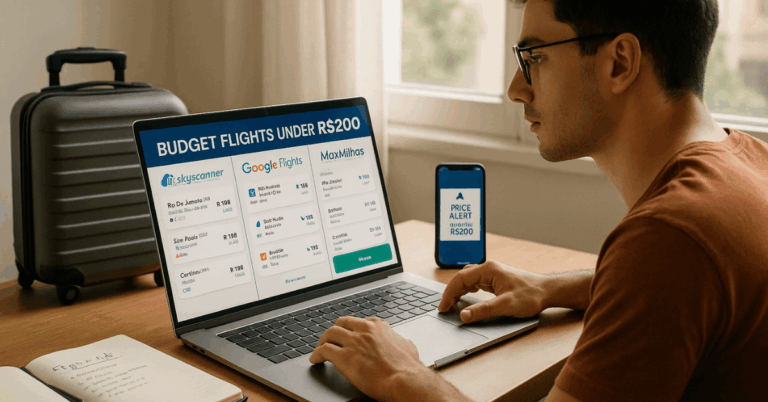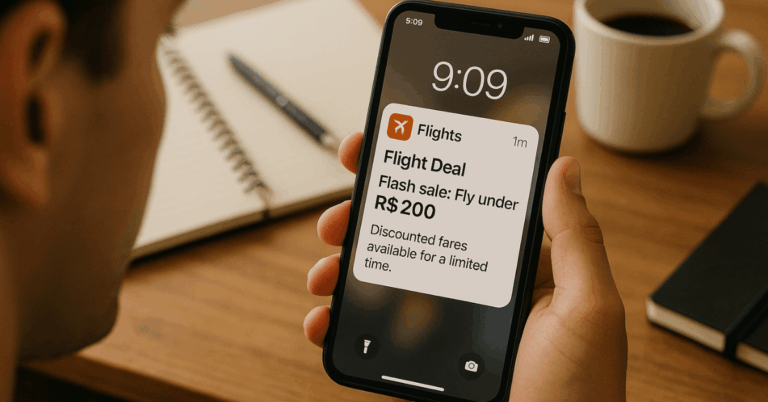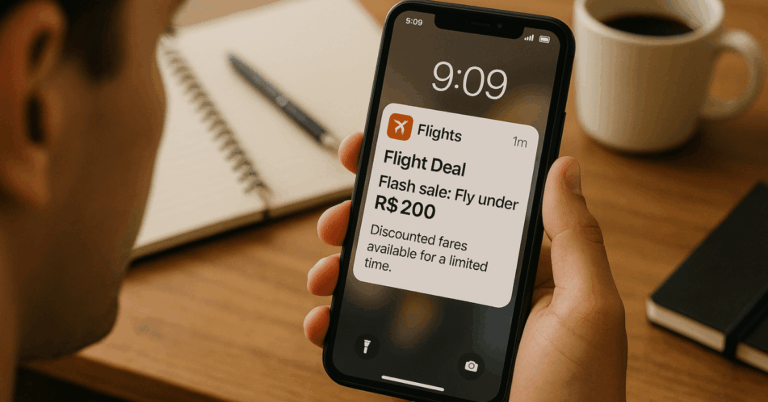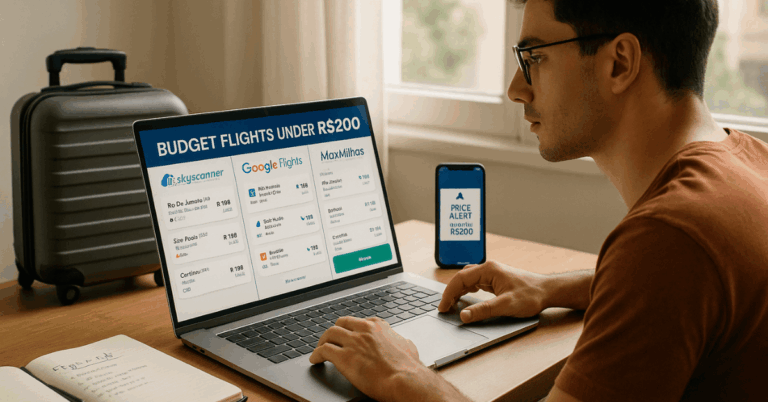Buying at auction can secure a vehicle far below showroom pricing, yet the process follows strict rules that differ from a private sale.
Use this structured walkthrough to master Brazilian “leilões” and similar events worldwide while avoiding costly first-timer mistakes.
Auction VS Traditional Sale
Saving thousands on the hammer price, tapping into greater model variety, and closing a deal within minutes give auctions a decisive edge for budget-minded shoppers across the globe.
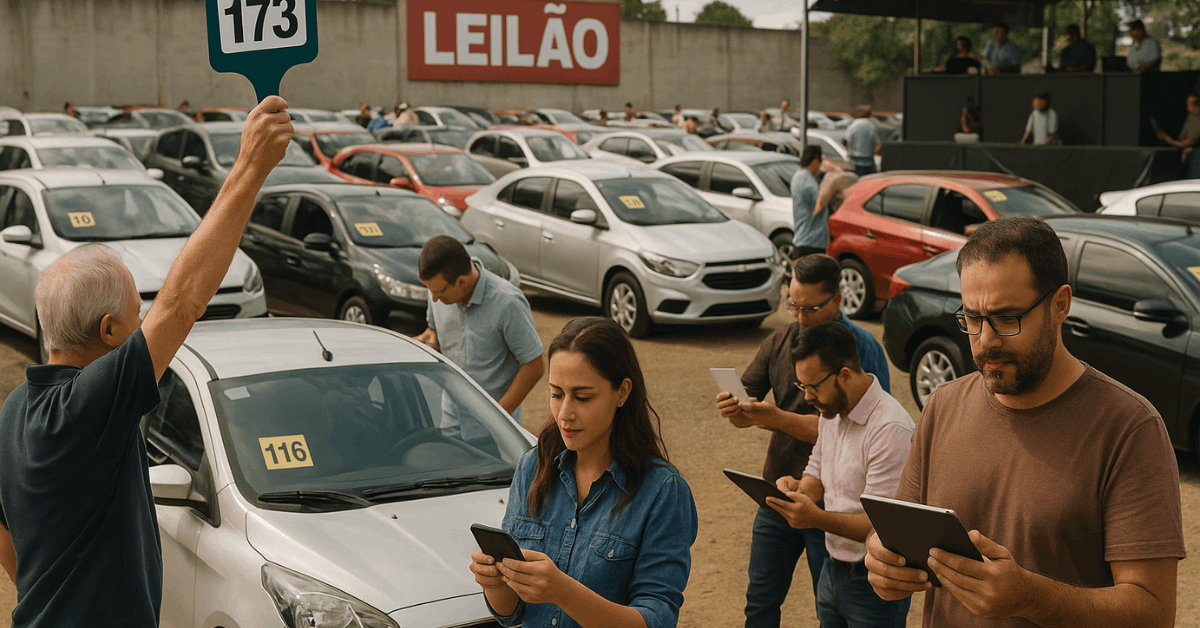
Step-by-Step Walkthrough of a Brazilian Car Auction
Follow the chronological flow below to understand every milestone from vehicle intake to title transfer.
1. Consignment – How Vehicles Enter the Lane
Cars reach the block when owners, dealers, finance companies, insurers, rental fleets, or private individuals assign them to an auction house under a consignment contract.
The seller sets a reserve (minimum acceptable bid) and supplies odometer, VIN, and condition data, which the auction verifies before listing.
2. Registration – Secure Your Bidding Credentials
You must register in advance, present a valid government-issued ID, and post a refundable deposit (typically R$5,000 for Brazilian live events, or as low as US$600 for online events).
Higher deposits unlock greater “buying power.” Registration obligates nothing; it simply proves you can fund any winning bid.
3. Pre-Sale Inspection – Protect Your Wallet
Auction platforms display 20-plus photos, basic specs, and often a paid history report.
Larger yards allow for in-person inspections a day earlier, enabling you to confirm fluids, body gaps, tire wear, and chassis corrosion. Brazil’s Detran does not provide test drives at public auctions, so visual diligence is critical.
4. Live Bidding – Online or In-Lane
A licensed auctioneer (or real-time software feed) opens at the starting price and recognizes incremental raises until only one paddle, or online click, remains.
If the final figure meets or exceeds the reserve, the vehicle is sold. Otherwise, staff may broker a post-block negotiation between the top bidder and the consignor.
5. Payment, Fees, and Pickup – Beat the Clock
Brazilian auctions typically demand payment within two business days via bank transfer, cashier’s cheque, or deposit slip. Expect:
| Cost Item | Typical Brazilian Range |
| Buyer’s premium | 5–10 % of hammer price |
| Administrative fee | R$ 800–R$ 1 500 |
| State VAT (ICMS) | Varies by state |
| IPVA transfer tax | 1–4 % of market value |
Only after settlement can you schedule removal, either collecting in person with proof of insurance or appointing a licensed transporter. Miss the deadline and storage penalties start immediately.
Reading the Auction “Sale Lights”
A simple colour code flags risk and warranty status at many Brazilian and worldwide live auctions:
| Light | Meaning | Buyer Protection |
| Green | Vehicle is mechanically sound per declared policy | Eligible for arbitration if hidden faults surface |
| Yellow | Noted defects announced (cosmetic or mechanical) | Limited or no arbitration |
| Blue | Title paperwork delayed but promised | Bidder may return vehicle if title not supplied within set days |
| Red | Sold strictly “as-is, where-is” | Zero warranty, buyer assumes all risk |
Major Auction Formats Available Worldwide
A quick orientation ensures you bid in venues aligned with your licence status and risk tolerance.
Closed Dealer Auctions
Accessible only to licensed dealers, these events (e.g., ADESA, Manheim) feature newer stock and detailed condition reports.
Public Auctions
Open events attract private buyers hunting bargains or restoration projects. You still need to register and pay taxes at checkout.
Government Auctions
Police, municipal, and federal agencies unload retired fleet units or seized vehicles, usually well maintained and competitively priced.
Repossession (Repo) Auctions
Banks and captive lenders liquidate collateral to recoup loan balances, creating opportunities to acquire late-model cars at a discount below their book value.
Salvage Auctions
Platforms such as Copart Brazil list total-loss cars, flood units, or theft recoveries with salvage titles, which are perfect for rebuild specialists.
Buy-Now Auctions
Certain online platforms post a fixed “Compra Já” price, allowing you to skip bidding and lock in the car instantly, ideal when time is more critical than haggling.
Vehicle Categories You Will Encounter
Expect everything from compact hatchbacks to heavy trucks, plus niche segments just one click away:
- ATVs, dirt bikes, and side-by-sides
- Fishing boats and jet skis
- Classic collectibles and limited-production exotics
- Work vans, box trucks, and refrigerated lorries
- Buses, motorhomes, and travel trailers
Such variety allows you to align your purchase goals, daily driver, project build, or parts donor with the appropriate lane.
Smart Bidding Strategies That Save Money
Use veteran tactics to dodge adrenaline-fueled overpays.
- Establish a walk-away number. Add premium, tax, and transit costs before the sale starts, then never exceed that ceiling.
- Target overlooked inventory. Manual transmissions, wagons, or sedans often draw lighter competition than SUVs and pickups.
- Shop midweek sessions. Fewer bidders on Tuesday morning means less upward pressure on prices.
- Pursue off-season models. Convertibles sell cheaper during Brazil’s winter; four-wheel-drive trucks dip in summer.
- Check “odd” listings. Salvage marketplaces sometimes post clean-title cars mistakenly grouped among damaged stock, creating hidden gems.
What Happens Right After You Win
Your responsibilities crystallise into two quick actions:
- Pay all charges promptly. Late fees begin 48 hours after the sale and may void the deal.
- Arrange transport or pick-up. Provide the yard with tow company details or your own licensed driver.
The auction releases CRV and Nota Fiscal once funds clear, enabling you to register the vehicle at Detran. Using a “despachante” service streamlines title transfer and shields against fines for paperwork errors.
Legal and Tax Obligations Specific to Brazil
Brazilian law treats a winning bid as a binding contract. Failure to honour it risks forfeiture of the deposit and litigation. Additionally:
- IPVA (annual vehicle tax) and DPVAT (mandatory personal-injury insurance) must be current before transfer.
- A smog inspection may be required in São Paulo and Rio de Janeiro before obtaining a license.
- CRLV-e digital document replaces the old paper circulation permit, simplifying roadside checks.
These requirements apply domestically, yet overseas bidders shipping cars out of Brazil still need export clearance and foreign customs compliance.
Why Dealer-Only Auctions Appeal to Aspiring Entrepreneurs
Buying wholesale confers three powerful benefits:
- Lower acquisition costs. Eliminating standard retail margin leaves room for profit or personal savings.
- Access to fleet-maintained vehicles. Condition reports and factory recalls are tracked meticulously.
- Bulk purchasing efficiency. Winning multiple units in one morning keeps logistics simple and spreads transport costs.
If you plan to flip cars professionally, securing a limited dealer licence unlocks these exclusive lanes and tax advantages.
Conclusion
Careful planning converts auctions from an intimidating spectacle to a predictable shopping routine.
Register early, inspect meticulously, read sale lights, and stick to a disciplined budget. Apply these principles in Brazil or anywhere worldwide, and you will drive away with confidence, and potentially substantial savings.



